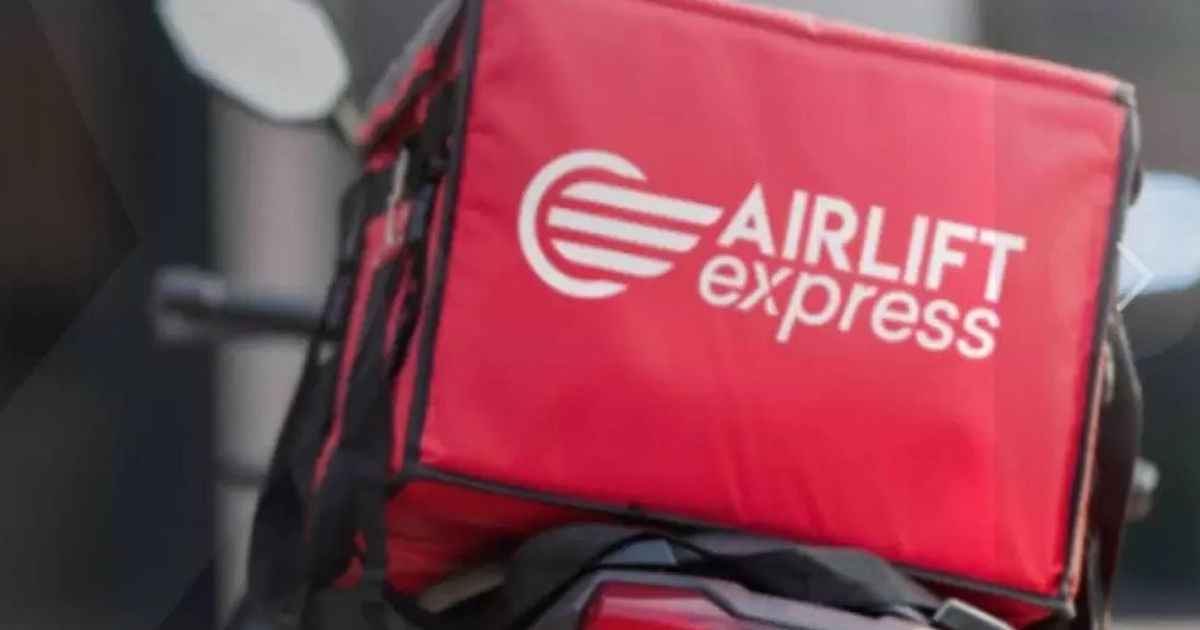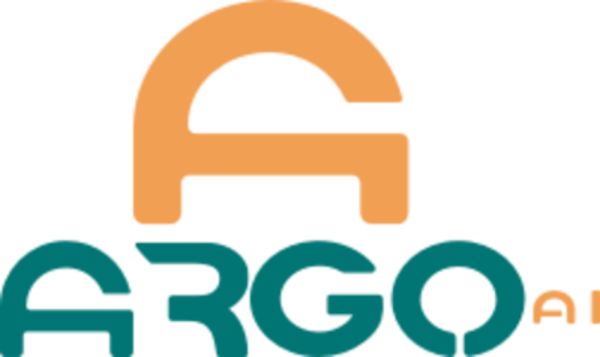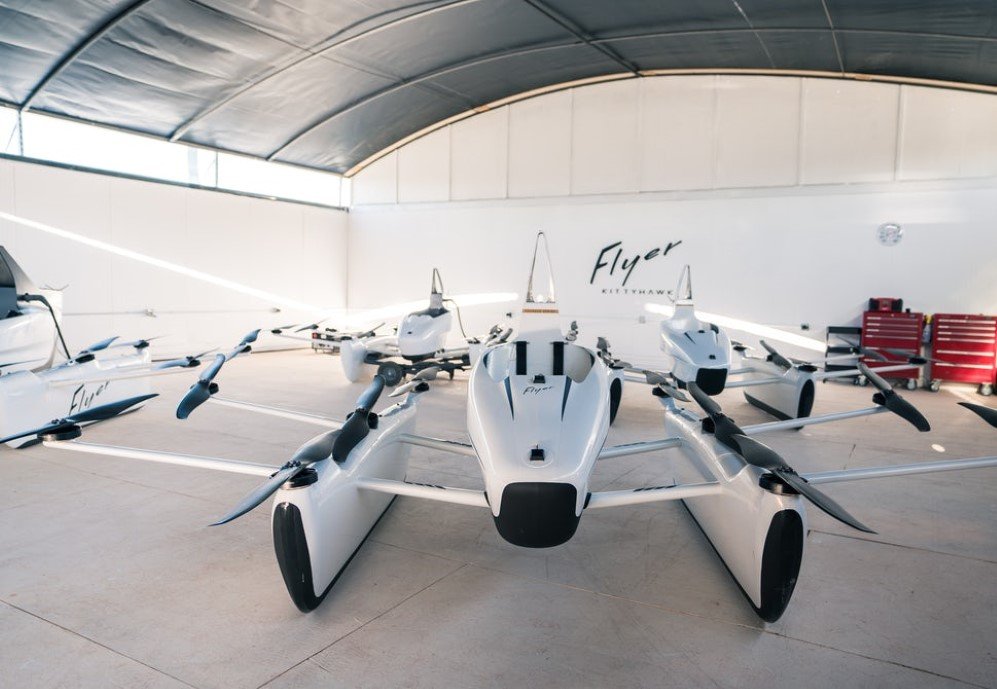Startups: Looking back at 2022’s lost startups

Startups: Looking back at 2022’s lost startups
One year has passed. Despite our best efforts, most startups will eventually fail, and no one wants that to happen. It has been said that 90% of these companies will eventually fail, but even that can’t explain the difference in 2022.
Startup land has experienced unprecedented growth in the past two years, of course. During the shutdowns and job losses, some startups thrived, and others struggled. A global supply issue and the SPAC wave followed. We’re in a recession now, stupid. Investing in venture capital fell 33% in the third quarter compared to the previous quarter and 53% from the same period last year, according to Crunchbase data.
As of right now, the $20 million seed round appears to have come to an end. Investing and, by extension, running a startup in the early stages is a bad time, frankly. Due to this, many startups shut down or pump the brakes this year. As such, this is not an exhaustive list. We’re still not out of the woods as the crypto firm continues to spiral.
Here are some startups that didn’t succeed based on all that we’ve discussed so far.
Airlift
In July, Airlift closed its doors following an unsuccessful funding round and lack of capital. The startup was once one of Pakistan’s most valued and funded startups. A series B funding raising $85 million at a valuation of $275 million was the platform’s most significant Series B round before that. Employees and investors were not the only victims of this fall, but also general excitement about Pakistani tech in general.

Argo AI
Interest and funds weren’t lacking. Volkswagen and Ford supported Argo AI. Its Pittsburgh-based founders raised $1 billion for its half-decade existence, founded in 2016 by Google and Uber veterans. A bombshell was dropped by management during an all-hands meeting in October: Argo was shuttering.
A portion of its 2,000+ employees would get severance, and the rest would be absorbed by Ford or VW. It appears that the company failed to fundraise from existing investors and to attract new investors. Automakers are eager to pursue autonomous driving, whether by developing in-house or acquiring third parties, any time soon. Sadly, Argo won’t be able to participate.

Fast
Despite days of chatter that its future was uncertain, Fast, an online checkout startup, announced in early April it would close. There was no fundraising prospect in sight for its 2021 revenue growth of just six figures.
The company’s demise caused quite a ripple in the startup world since the company – founded by Domm Holland and Allison Barr Allen – had plenty of hype surrounding it. The company claimed, even as it imploded, that while it failed, it “forever” changed the world of online commerce as a “trailblazer,” claiming that not all such parties reach the summit. It was one of the first signs that things were not as rosy as they seemed in fintech land when it came to overconfident leaders later in the year.
FTX
FTX has not technically shut down, so we debated whether or not to include it. According to one staffer, FTX lost its identity as the once-third-largest crypto exchange when it filed for bankruptcy on November 11, also announcing its founder and CEO Sam Bankman-Fried had resigned. As the company sought acquisitions and fresh capital from market players during the previous week, the FTX empire collapsed. The Bahamas had arrested Bankman-Fried by December 12. Bankman-Fried was officially charged with defrauding investors by the Securities and Exchange Commission (SEC) the following day.
With nearly $2 billion raised in funding, the once-high-flying startup was once flush with cash, but it fell and for the crypto space a very low point has been reached. John J. Ray III, the former CEO of Enron, is temporarily serving as FTX’s new CEO. He earns about $1,300 an hour.
Furthermore, Celsius and BlockFi also filed for bankruptcy this year without shutting down technically.

Haus
Casey Neistat, Homebrew Ventures, and Coatue backed Haus, a direct-to-consumer aperitif company that shuttered earlier this year. Interestingly, Haus announced the shift after reaching $10 million in revenue and announcing that Winebow would be available nationally – two signs of growth.
A kerfuffle among investors ultimately led to the company’s demise. As the startup’s runway began to dwindle, Lauren Hambrecht, the CEO, and co-founder of Haus, offered to advance the startup money as Constellation led its $10 million Series A. Suddenly, Constellation backed out, with no specific reason aside from “timing.”
Constellation’s dropout demonstrates how difficult it can be to run a venture-backed direct-to-consumer company, as its founder said “there’s no villain” in the shutdown story.
Insteon
Insteon abruptly shut down its cloud servers without warning in mid-April 2022, demonstrating that home automation can be challenging. It was one of the two launch partners for Apple’s HomeKit platform, with the HomeKit-enabled Insteon Hub Pro, SmartLabs launched the product in 2005. A Microsoft Store agreement allowed Insteon to sell its kits.
Insteon’s CEO, Rob Lilleness, deleted his LinkedIn account during the first few days following the shutdown. Following the liquidation, the company updated its website with a statement blaming supply chain issues and the pandemic for the sudden closure. The aim was to find a parent for Insteon, according to a statement that goes unattributed. However, the sale fell through despite plans for a March closing.
This was likely due to Insteon’s proprietary protocol. Technology such as Zigbee, Z-Wave, and Matter have been widely adopted and licensed, which leaves Insteon with little leverage.

Kite
Despite raising tens of millions in venture capital, Kite shut down in November. In a postmortem blog post, Kite founder Adam Smith revealed that the company lacked a product-market fit due to engineering headwinds.
The technology is not ready yet,” Smith said. That is why he failed to deliver his vision of AI-assisted programming. “It took us too long to realize our product didn’t monetize.”
In light of Kite’s failure, other companies interested in generating AI for coding may be discouraged from pursuing and commercializing generative AI. A tool that synthesizes code reliably could cost more than $100 million, according to Smith. Despite that, Kite’s competitors, including Tabnine, GitHub, and DeepCode, believe the market is too early to call it bearish.
Kitty Hawk
Kitty Hawk’s 2010 launch was met with high expectations. Its founder, Sebastian Thrun, served as its founder and pilot, and it had prominent backers, such as Larry Page, co-founder of Google. As announced in a curt tweet in September, Kittyhawk has ended operations. What’s next is still being worked out.”
The next step is still unclear. Despite plenty of optimism about eVTOLs, Kitty Hawk could not land. A total of 25,000 flights were conducted by 111 of the firm’s crafts, resulting in 70 layoffs. In her news report, Kirsten notes that while progress was made, the mission was less clear by 2022. By September, the company had begun winding down operations, but a commercial air taxi was still in the works.

Modsy
Modsy, one of the leading online interior design services firms, abruptly stopped offering design services in late June, lay off its designers, and left customers with unfinished renovations. It was a surprise for investors like Comcast Ventures and NBCUniversal to see Modsy shut down altogether by July. Why did it go wrong?
As global supply chains stalled during the pandemic, Modsy suffered severe losses on the logistics side. Modsy’s former senior director of finance and accounting, Amanda Kwan-Rosenbush, said that long delays often caused difficulties for its furniture and décor partners.
E-design platforms, however, are hard to crack. Décor Aid, a smaller company, closed its doors in 2021, joining rival companies Laurel & Wolf and Homepolish.
Modsy reduced both salaried employees and its designer network two years before its shutdown, cutting designer pay and slashing employee benefits. As part of its effort to reduce operating expenses, Business of Home reported that in addition to piloting a furniture line, the startup had sourced design work to the Philippines and Bulgaria. Modsy’s pivots failed to save it in the end.
NopeaRide
A total of 70 electric vehicles were rolled out across Nairobi using NopeaRide, Kenya’s first fully electric vehicle service. Due to insufficient funding from its parent company, EkoRent Oy, the company closed its doors.
A large amount of funding has been raised by the startup since its launch in 2018. Specifically, it wanted to expand the radius within which it operated and build more solar charging hubs in Nairobi.
Onward Mobility
It is not uncommon for startups to fail unexpectedly. Others are easy to spot. It wasn’t fooling anyone when Onward Mobility once shared a blog post with the title, “Contrary to popular belief, we are not dead.” Austin-based Onward Mobility brought the BlackBerry back once again to the mobile world. A revival of TCL didn’t last long after the original manufacturer struggled for years.
There was a promise that this time would be different. A few years later, it acknowledged that rumors of its death were no longer greatly exaggerated. After announcing its intentions to the world, it fell silent for a while. Despite the company’s public assertions to the contrary, that news was released approximately one month later. Even when there isn’t a global pandemic, launching a new company is extremely difficult. I believe it’s a pretty safe bet that the U.S. just doesn’t have enough appetite for a brand-new phone maker 15 years after the first iPhone changed the market.
Reali
A surprise shutdown began in August for the real estate fintech startup Reali, which had raised $100 million just one year prior. With inflation and mortgage interest rates on the rise, the real estate tech sector suffered a major slowdown after a boom in home buying.
ShopX
As a result of a lack of cash flow and difficulty raising capital, India-based ShopX filed for bankruptcy in August. Fung Group, NB Ventures, and others have invested over $66 million in the startup, which provides software to connect brands, retailers, and in-person shoppers. It was last valued at $175 million. In 2021, ShopX entered the business-to-consumer market by offering customers incentives to browse neighborhood kirana shops as they offered cash back and cash-saving offers. ShopX competed mostly with business-to-business vendors like 1K Kirana Bazaar and SuperK. ShopX also rewards bike and car-related services, salon visits, groceries, medicines, and other purchases in India’s physical retail economy. “Kiranas” represent a significant portion of the physical retail economy there.
Udayy
It has been a tough year for edtech. A recent report by the Economic Times stated that Udayy ceased operations after raising millions of dollars from investors. In India, edtech companies offer live learning courses to kids, a use case that isn’t as compelling as it once was. Previously, Natasha has emphasized that some of the most successful startups that benefited from the pandemic are now having difficulty navigating a not-so-looming economic slowdown. Companies that raised Venture Capital may have been forced to overspend and overhire due to the same rounds that expanded their idea of what an addressable market may be.
edited and proofread by nikita sharma




